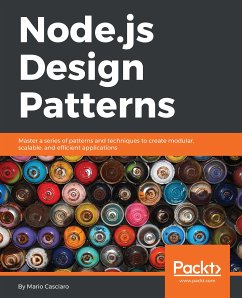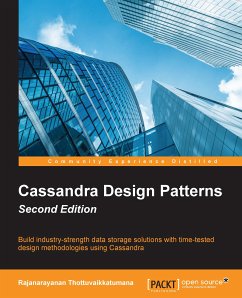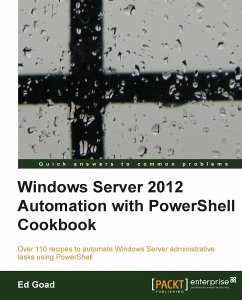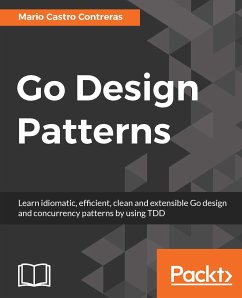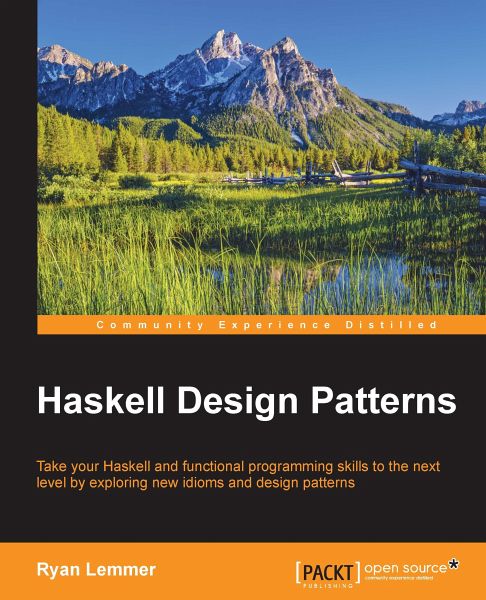
Haskell Design Patterns (eBook, ePUB)
Take your Haskell and functional programming skills to the next level by exploring new idioms and design patterns

PAYBACK Punkte
10 °P sammeln!
Design patterns and idioms can widen our perspective byshowing us where to look, what to look at, and ultimatelyhow to see what we are looking at. At their best, patternsare a shorthand method of communicating better waysto code (writing less, more maintainable, and moreefficient code)This book starts with Haskell 98 and through the lens ofpatterns and idioms investigates the key advances andprogramming styles that together make "modern Haskell".Your journey begins with the three pillars of Haskell.Then you'll experience the problem with Lazy I/O, togetherwith a solution. You'll also trace the...
Design patterns and idioms can widen our perspective by
showing us where to look, what to look at, and ultimately
how to see what we are looking at. At their best, patterns
are a shorthand method of communicating better ways
to code (writing less, more maintainable, and more
efficient code)
This book starts with Haskell 98 and through the lens of
patterns and idioms investigates the key advances and
programming styles that together make "modern Haskell".
Your journey begins with the three pillars of Haskell.
Then you'll experience the problem with Lazy I/O, together
with a solution. You'll also trace the hierarchy formed
by Functor, Applicative, Arrow, and Monad. Next you'll
explore how Fold and Map are generalized by Foldable
and Traversable, which in turn is unified in a broader
context by functional Lenses. You'll delve more deeply into
the Type system, which will prepare you for an overview
of Generic programming. In conclusion you go to the
edge of Haskell by investigating the Kind system and
how this relates to Dependently-typed programming
showing us where to look, what to look at, and ultimately
how to see what we are looking at. At their best, patterns
are a shorthand method of communicating better ways
to code (writing less, more maintainable, and more
efficient code)
This book starts with Haskell 98 and through the lens of
patterns and idioms investigates the key advances and
programming styles that together make "modern Haskell".
Your journey begins with the three pillars of Haskell.
Then you'll experience the problem with Lazy I/O, together
with a solution. You'll also trace the hierarchy formed
by Functor, Applicative, Arrow, and Monad. Next you'll
explore how Fold and Map are generalized by Foldable
and Traversable, which in turn is unified in a broader
context by functional Lenses. You'll delve more deeply into
the Type system, which will prepare you for an overview
of Generic programming. In conclusion you go to the
edge of Haskell by investigating the Kind system and
how this relates to Dependently-typed programming






